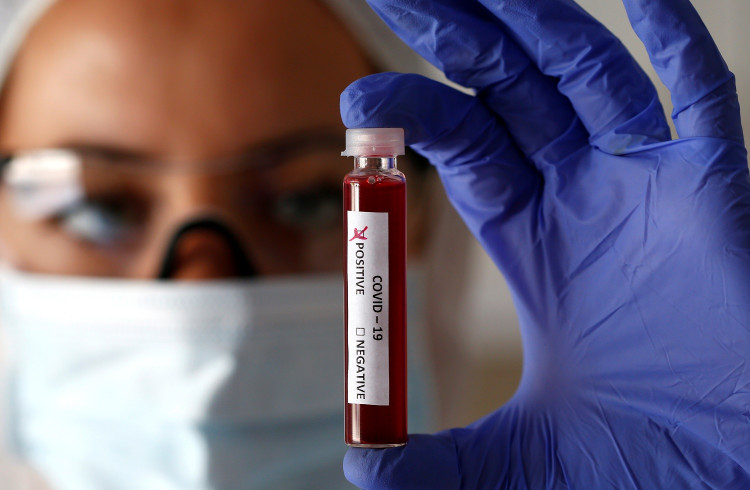When the world finally has a vaccine for COVID-19, who should receive it first? This is a question a lot of people are asking, especially with news reports of successful clinical trials.
In June, a committee that makes recommendations to the U.S. Centers for Disease Control and Prevention (CDC) for vaccine use addressed the issue via a virtual meeting, according to a report by Science Mag.
Prioritization is one tricky issue, but it's likely that pregnant women, a group that usually comes last to receive a new vaccine given the possibility of harming a fetus, could be one of the firsts to get the coronavirus vaccine.
According to Bruce Gellin, former director of the U.S. government's National Vaccine Program, the key to prioritization is to know how to balance how to help society best and protecting an individual's health.
"These are tough decisions because everybody can make a case for why somebody should be ahead of somebody else in line," Gellin said. "Nobody's going to debate health care workers and first responders-people who are putting themselves at risk for others and keeping things moving. After that is when it gets complicated."
On June 18, the World Health Organization (WHO) laid out its "strategic allocation." It would prioritize a group consisting of nearly 2 billion individuals, which are healthcare system workers, adults 65 years and up, and groups at higher COVID-19 risk due to comorbidities such as chronic respiratory disease, obesity, diabetes, cancer, and cardiovascular disease. Basically, the young and healthy ones go last.
But note that these are merely guidelines. The ultimate decisions on who gets vaccinated will be made by state and local health departments and community hospitals interpreting the federal guidelines. There will be disagreements for sure.
But if you want an easy and obvious answer to the question, "Who gets the coronavirus vaccine first?" Clearly, it's those countries where an effective vaccine is developed.
About a dozen different vaccines are being tested worldwide, including the U.S., China, Britain, and Russia. And Dr. Anthony Fauci said he is positive a COVID-19 vaccine will be available by the end of the year or early 2021.
The world's wealthy countries have already ordered millions of doses of experimental vaccines. Britain's vaccine shows a lot of promise, so is the one from Russia as well as China's. So yes, people from these countries will get their own vaccine first, naturally.
As for countries whose resources to coronavirus vaccine development is limited, the WHO and the United Nations will have to make rigid decisions -- and fast.






